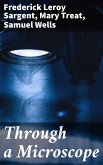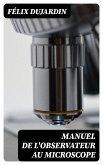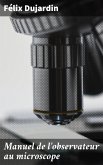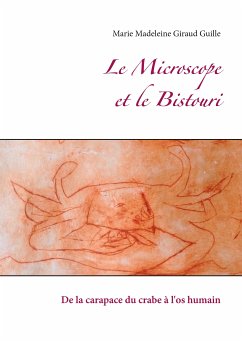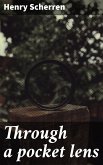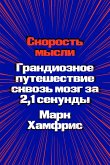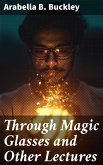Through a Microscope offers an intriguing exploration into the world of micro-life and its enchanting interplay with human understanding. This anthology delves into the intricate intersection of science and art, where the tiniest forms of life are magnified and brought into narrative focus. The collection paints a vivid tapestry, captured through various literary styles ranging from scientific expositions to poetic musings and reflective essays. As readers navigate these pages, they are invited to uncover hidden dimensions of the world, gaining insight into both the natural world and the human condition, highlighted by standout pieces that powerfully articulate the fascination with the unseen. The anthology is a collaboration among Frederick Leroy Sargent, Mary Treat, and Samuel Wells, whose works collectively embody a profound dedication to natural history and scientific exploration. These authors are unified by their commitment to illustrating the wonder found in observing the minutiae of life through the lens of a microscope. Their backgrounds are steeped in the historical roots of the 19th-century naturalist movement, a period fervent with discovery and reflection, which enriches the collection's alignment with themes of curiosity and revelation. Readers of Through a Microscope are offered a unique opportunity to traverse the delicate balance between observation and imagination. This collection invites scholars, students, and curious readers alike to broaden their understanding of the microscopic landscapes that influence our broader existence. It is a compelling assembly of narratives that champion the pursuit of knowledge and discovery, encouraging readers to open their minds to the dialogues woven by disparate but congruent voices across time and space. With its educational value and breadth of insight, this anthology is a beacon for those seeking to deepen their appreciation of both the natural world and literary craftsmanship.
Dieser Download kann aus rechtlichen Gründen nur mit Rechnungsadresse in A, B, BG, CY, CZ, D, DK, EW, E, FIN, F, GR, H, IRL, I, LT, L, LR, M, NL, PL, P, R, S, SLO, SK ausgeliefert werden.



